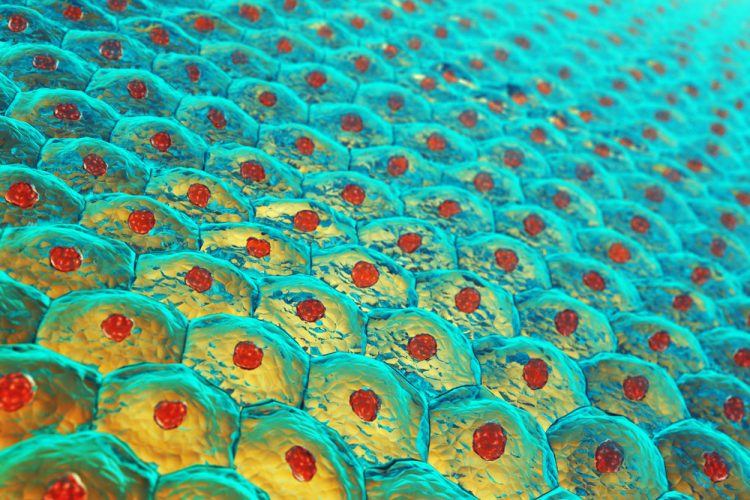New technology to produce dorsal cortical neurons using iPS
Posted: 1 April 2019 | Drug Target Review | 1 comment
Scientists expect that it will soon be possible to treat brain diseases by restoring damaged areas in the brain by mass producing neurons using stem cells…


Scientists from the Korea Brain Research Institute expect that it will soon be possible to treat brain diseases by restoring damaged areas in the brain by mass producing neurons using stem cells even though cerebral neurons die when suffering from degenerative brain diseases such as dementia and Parkinson’s Disease.
A research team of Kyoto University in Japan conducted a clinical test of transplanting neurons made of iPS into the brain of a patient with Parkinson’s Disease. If suffering from Parkinson’s Disease the neurons that generate dopamine die and this results in symptoms such as muscle stiffness and tremour in hands and feet. During the clinical test the patient was treated with new neurons.
The research was published in Scientific Papers: Brain-stiffness-mimicking tilapia collagen gel promotes the induction of dorsal cortical neurons from human pluripotent stem cells.
The research team cultivated iPS on a gel made of collagen from a fish called Tilapia and successfully differentiated it into neurons. Collagen is extracted from its skin. They ensured the collagen gel had the same stiffness as the human brain (1500Pa) and confirmed that 60 percent more cerebral cortex neurons had been produced compared to the existing method.
The stiffness of human brain tissue changes as people age. Recently it has been reported that the stiffness of brain tissue changes with the progress of neuro-degenerative diseases such as Alzheimer’s Disease. The research team reproduced the stiffness of the brain tissues shown in various kinds of diseases in this research and expects that the cause and mechanism of brain diseases could be identified by cultivating neurons.
Dr Yoichi Kosodo who led the research team said that “this research is meaningful in that the stiffness of brain is found to be an important factor in determining differentiation of neurons.” He added that “we expect that we can mass produce certain neurons to be utilised for neuron regeneration treatment in the future”.
Related topics
Neurons, Neurosciences, Stem Cells
Related conditions
Alzheimer’s disease, Parkinson's disease
Related organisations
Korea Brain Research Institute, Kyoto University
Related people
Dr Yoichi Kosodo



Interesting research . Additionally the model will also be useful for investigating
structure-attribute correlation in different health and disease conditions.